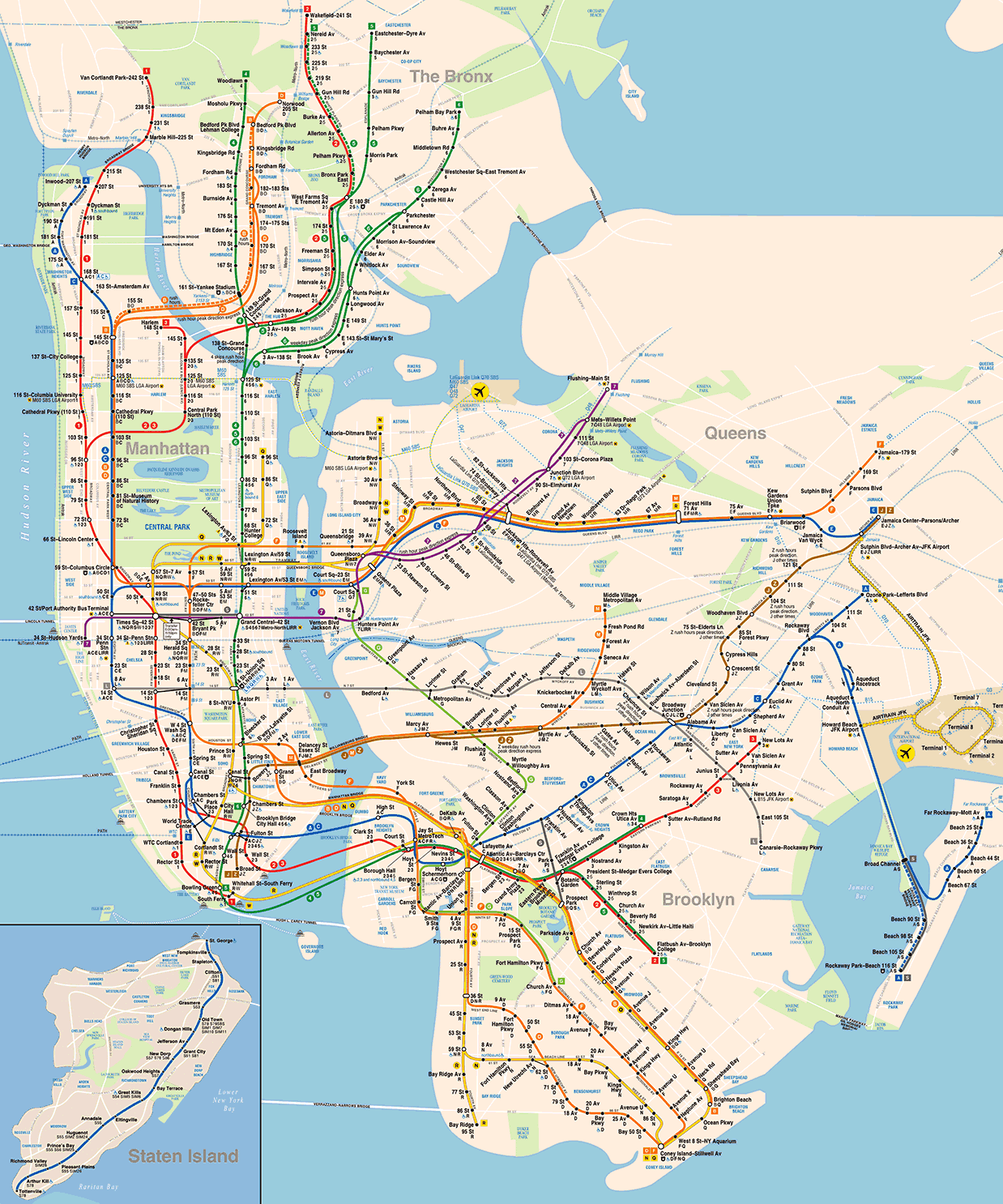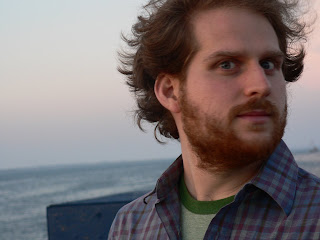So contemporary opera is maybe like spelunking under the sand--buried to the neck perhaps like David Bowie in Oshima's Merry Christmas Mr Lawrence which I never saw but which image made a massive impression on me in my childhood book of film directors, second only to the stuffed corpse in the rocking chair from Psycho, which page I would flip past as quickly as possible just to be safe. I won't suffer you the actual image.
In any case, being a contemporary classical opera composer, perhaps even more than being a poet--who at least has all the tools available to work in rebel quiet--always seemed to me a kind of noble King Canute figure, turning back the waves, perhaps on the self-same riverine beach at twilight. First you have to get all these people, with all these esoteric and perhaps ill-advisable skills (see, opera voice), together and build this romantic non-romatic gadget, new but not new but not not new. You have these trouble spots, better-than-popular or almost-popular-but-strange or pretentiously-antiquey, and then maybe you end up like J. Alfred Prufrock anyway, getting your pantlegs soaked.
In the last day I flew over a whole lot of water at sunset--chasing the dusk for what seemed like four hours before emergency landing in Halifax with a sick passenger--and spent some of the time, when I wasn't gobbling Richard Stark Parker novels out of print in America but still available overseas, thinking back over John Adams's Doctor Atomic, which Farrah and I saw while we were in London over the weekend. It's determined moderny synth and chord bang minimalism, people singing in English with supertitles while wearing lab coats and ties plotting atomic bomb tests in 1940s Los Alamos underneath expensive sets with fancy quiet dolly-walls rolling delicately about the stage. The fact that the walls comprised bookcases of physicists like periodic table-tableaux, so much the better. The music was predictably kind of both what I was hoping and not hoping for, minimalism gone percussive with occasional melodrama. I was left thinking about melody and connective tissue, particularly after I read an over-the-top review that called the aria that Robert Oppenheimer sings to the words of John Donne's Batter My Heart sonnet the greatest since Puccini. I can't speak to Puccini but I kept wondering why John Adams had the singer stuck up in the rough and ragged bellow-opera range, and why the director had Oppenheimer actually battering himself in the chest and staring out into the middle distance like Celine Dion. I love the concept of the collage of poetry and memoir and politics that Adams and the librettist, Peter Sellars, cooked up but I worried about this notion of poetry. I don't think it is what Oppenheimer meant when he said he liked John Donne, anyway.
My favorite moment came with a little melodic motif that Oppenheimer's wife sang, in a scene of the two of them half-connecting at bedtime, over the line "Am I in your light?"-- wonderful the mixture of the casual apologetic and the flirtatious and the jealous in this response to Oppenheimer's reading/working in bed. After hanging out on a note for a while, the melody lilts up a step, which I learned in high school music theory was kind of a paradigmatic motion for coherent melodies: incremental, contained, tense, unpredictable. The step move says, things connect but we don't know what they connect to. Most of the sung melodies in Doctor Atomic, on the other hand, were huge superimposed leaps that seemed to exist in a plane of their own over the orchestra, involuted logics that meant you had to pay attention to the ideas in the language because the music just kept saying, hold on for dear life. Which maybe makes sense when you're talking about exploding huge bombs and, according to Doctor Atomic, the Manhattan Projectiles weren't totally sure they weren't going to set the entire atmosphere on fire and flash-fry the whole planet. Real, yes, touch and go.
All this talk of connections and half-steps and links makes me think of another very good text I came across recently, the Eula Biss prose poem essay in the latest Harper's (I think it will be in her new book) that retells the early battles over the erection of telephone poles across the country. Who would have imagined that there was once such institutional resistance, with sheriffs and town councils and vigilantes alike sawing down poles as fast as they could throw them up. Biss describes how there was literally a stalemate until linemen were posted up at the tops of poles day and night till the system was on and sawing down an active telephone line was a felony. Then, suddenly, everywhere was connected, and not the way that dirt roads could connect, the way pavement connects, a constant stream that delineates space between as islands. That's maybe one version of melody and Eula Biss, who connects the idealistic pole raising with its darker use as the gallows tree of the lynching, maybe suggests some of the problems with this idea of connecting everything, everywhere.
A brilliant cultural environmentalist who I always meant to study with in college but never got around to it, John Stilgoe, talks in a great book called Outside Lies Magic about how you can literally feel and hear the electricity getting grounded near poles, and how, along roads, the domesticated and crew-cut trees, set back to a polite distance from the pavement, is a relic of a fairly radical credo: to protect the line. There's this phenomenal road near my parent's house in Sudbury called Water Row where, for maybe a third of a mile, the road runs without a telephone line and the trees literally swallow the road, so it wends this way and that, part of the forest, not apart from it. It makes me think now of a wonderful bit of sculpture by Andy Goldsworthy, at Storm King Art Center, where an uncommonly obliging stone wall respects the ecology--winding between trees rather than colliding with them, and then running down into the middle of a pond rather than insisting on dredging up its own thronelike berm. After all, who minds getting a little wet.
One of the stranger things about the road map is the way it is a story about connections and a story in which everything does connect. I remember at first in New York, riding the subway from neighborhood to neighborhood, it felt like nothing was linked, like there were only litttle islands of knowledge. Now, all it is for me is knowledge, a big splattery ab-ex canvas. And out in the country, the roads connect to the town roads which connect to the city roads. It's this one uninterrupted bead of asphalt you could land a plane on. Over the ocean, the roads wonderfully end. You can't get there from here. Somewhere underwater there's a pipe vibrating with information but the water is all just little waves that don't talk to each other. It's like when you get close to a waterfall on a river; you can hear it, but the water doesn't seem to care. The previous trip I went to London, I wrote in a poem I like to think about, "Not everything is connected." It's a threat as well as a consolation.







1 comment:
contemporary opera -- yes!
I think "minimalism" might be exactly the wrong word for Dr A -- even more than Nixon in China, Dr A is sort of super-maximal, right? (I mean, it is tonal & it has pulses, for sure. but even so-called "atonal" operas usually rely on lots of tonal moves.) I think that Doctor Atomic, with its old-fashioned word-painting, its characteristic pulses, & its sharp divide between recitatives & virtuosic arias, makes more sense as "spun-out baroque opera" or something.
plus the tape stuff! back in the day John Adams was mostly famous for his tape music. it's nice to feel like a small part of that.
do you know the operas of Robert Ashley? terrific stuff. so contemporary that they literally couldn't have existed 100 years ago. literally.
Jared I didn't know you blogged!
Post a Comment